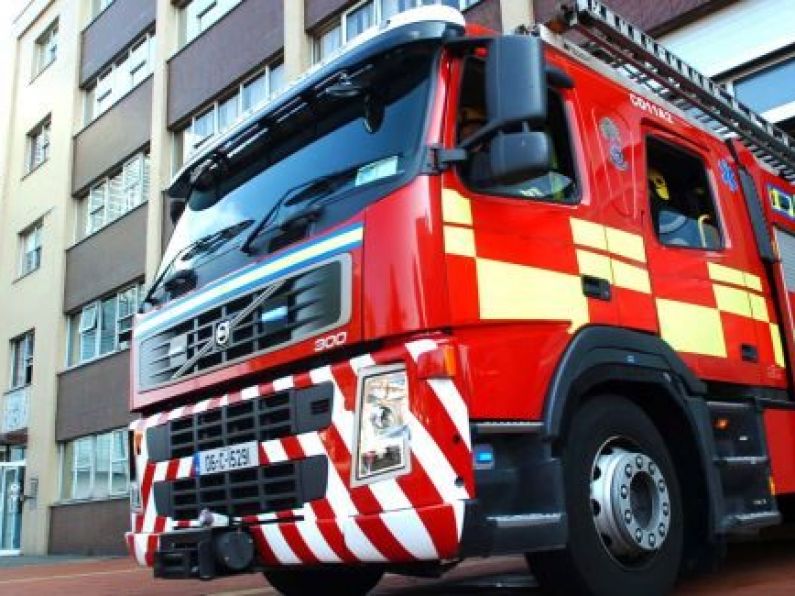Fire officers have issued a renewed warning about chimney cleaning and having carbon monoxide alarms after a suspected carbon monoxide poisoning incident in Cork.
The alarm was raised in the Shanakiel area, on the north side of the city on Sunday night, when a homeowner dialled 999 after their carbon monoxide (CO) alarm sounded at around 9pm. Several units of Cork City Fire Brigade were tasked to the scene.
When they arrived, firefighters discovered that while there were no signs of fire in the home where the CO alarms were sounding, there was an incident unfolding in an adjoining house.
When they inspected that property, they discovered that a blocked flue had caused a build-up of smoke from a stove fire.
Although the smoke was confined to a room in that property, the potentially deadly CO gas had seeped into the house next door, triggering the CO alarms in that property.
Paramedics were called and one person was treated at the scene before being removed by ambulance to Cork University Hospital for treatment.
A second person self-presented at hospital later with symptoms associated with carbon monoxide poisoning.
Both have made a full recovery.
A senior fire officer with Cork City Fire Brigade said the people involved were very lucky that the incident had occurred relatively early in the evening, and not when people were asleep, and that one of the homeowners had working CO alarms.
“Carbon monoxide is an invisible, odourless and tasteless gas and is known as the ‘silent killer’,” he said.
If anyone has any concerns whatsoever about the presence of CO in their home, they should contact us immediately.
The potentially lethal gas is produced by the incomplete burning of fossil fuels. It is poisonous and even breathing in a small amount can cause loss of consciousness and in extreme cases, death.
When it’s breathed in, the gas enters the bloodstream and mixes with haemoglobin - the part of red blood cells that carries oxygen around the body. The resultant reduction in oxygen causes tissue and cells to die.
The mix also produces a compound called carboxyhaemoglobin which causes blood vessels to become leaky. This can lead to swelling in the brain, causing unconsciousness and nerve damage.
People with mild symptoms of carbon monoxide poisoning usually make a full recovery.
However, between 10-50% of people with serious CO poisoning can have long-term problems, with complications in some cases arising years later as a result of the gas causing damage to the heart.
Symptoms of CO poisoning include lethargy, headaches and nauseousness.
On average between one and two people die each year in Ireland from unintentional CO poisoning in the home in incidents related to domestic heating or other fossil fuel installations.






